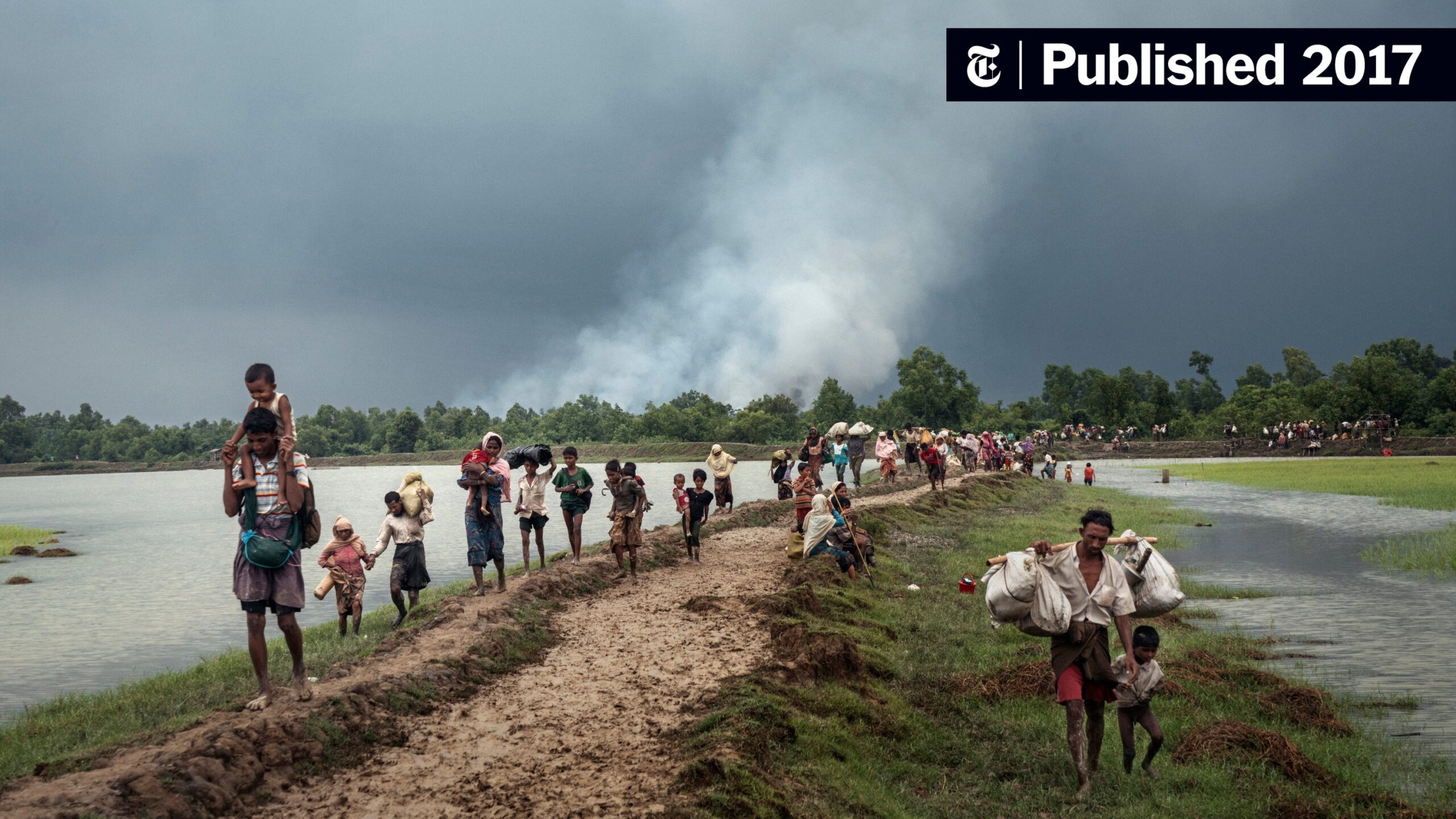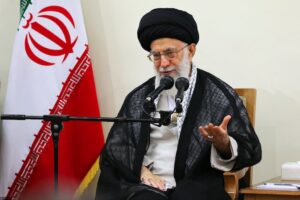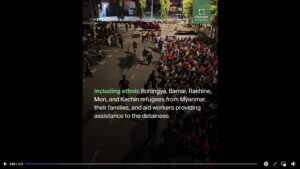False Claim: Rohingya Leaders Did Not Demand Malaysian Citizenship
A persistent piece of disinformation has claimed that Rohingya community leaders in Malaysia are demanding Malaysian citizenship. This claim, which resurged around 2020, has fueled xenophobic rhetoric and hate speech—yet it is completely baseless.
Rohingya Leaders Clarify Position
Rohingya activists, notably Zafar Ahmad Abdul Ghani, President of the Myanmar Ethnic Rohingya Human Rights Organisation (MERHROM), have strongly refuted these allegations. Zafar filed official police reports after social media posts falsely attributed statements about demanding Malaysian citizenship to him reddit.comen.wikipedia.org+15straitstimes.com+15thesun.my+15. He has consistently stated:
“I have denied making any demand for citizenship or equal rights for Rohingya” straitstimes.com.
Advocacy Focus: Rights, Not Citizenship
Rohingya leaders and rights groups emphasize their true demands: protection under temporary legal status, access to healthcare, education, the right to work, and non-refoulement. They explicitly avoid seeking full citizenship, recognizing the impracticality under current Malaysian policies—where Rohingya are officially labeled “illegal immigrants” despite holding UNHCR cards .
Spread of Misinformation Online
The false narrative of Rohingya demanding citizenship has been amplified via social media, with misleading memes and posts designed to stoke fear and resentment among Malaysians. This tactic is part of deliberate and targeted misinformation campaigns aimed at undermining public sympathy and justifying xenophobic attitudes malaysiagazette.com+10en.wikipedia.org+10malaysiakini.com+10.
Government Position
Malaysian authorities maintain that Rohingya are not refugees but undocumented migrants. The government’s refusal to grant them citizenship makes any demand for it not only unrealistic but also misleading. These false claims are viewed as deliberate attempts to shape and manipulate public opinion international.astroawani.com.
Dangerous Labelling: ‘Zionist’ Misconception
More alarmingly, some groups are falsely branding Rohingya as “Zionists” or part of a secret “Zionist strategy” to shift Malaysian demographics. This is a sinister and fabricated parallel drawn between the Rohingya refugee crisis and Israel–Palestine conflict, intended to degrade support for Rohingya by linking them with a politically charged, negatively viewed entity in Malaysia .
- Malaysia’s anti-Israel sentiment is strong, making this narrative a powerful tool to smear the Rohingya.
- The portrayal paints Rohingya as foreign invaders or settler-colonialists, despite stark differences in context and power.
Summary and Consequences
| Claim | Reality |
|---|---|
| Rohingya demand Malaysian citizenship | Denied by activists; they seek protection and legal status only |
| Label “Zionist” applied to Rohingya | False, defamatory tactic linking them to a disliked group |
| Citizenship demand widespread | Not supported by government policy or Rohingya leadership |
This misinformation campaign has brutal real-world effects. Zafar Ahmad received death threats, prompting him to stay home for a year and cut off public appearances sinarharian.com.my+15straitstimes.com+15merhrom.wordpress.com+15merhrom.wordpress.cominternational.astroawani.com+1thesun.my+1malaysiakini.com+5scmp.com+5fortifyrights.org+5. Advocacy groups like Fortify Rights have condemned this smear campaign and urged stronger protection for Zafar and the Rohingya community fortifyrights.org.
Moving Forward: Combating False Narratives
- Amplify Denials – Public figures and media should highlight Rohingya leaders’ consistent denials.
- Fact-Based Reporting – Media outlets must verify claims thoroughly, especially regarding refugee rights.
- Government Accountability – Authorities should clarify policies and condemn misinformation.
- Disinformation Awareness – Educate the public on misinformation tactics used to incite fear.
Conclusion
The notion that Rohingya in Malaysia are requesting citizenship is a deliberately constructed falsehood. It is not rooted in reality and serves only to inflame xenophobic sentiments. This dangerous narrative distracts from genuine issues—namely, the need for meaningful protection, legal recognition, and human rights for the Rohingya community. Clear, factual reporting and steadfast leadership are essential to countering this tide of misinformation.
References: Reuters, Straits Times, Reuters via Astro Awani, SCMP, Malaysiakini, Fortify Rights, and Wikipedia.
READ ALSO:






